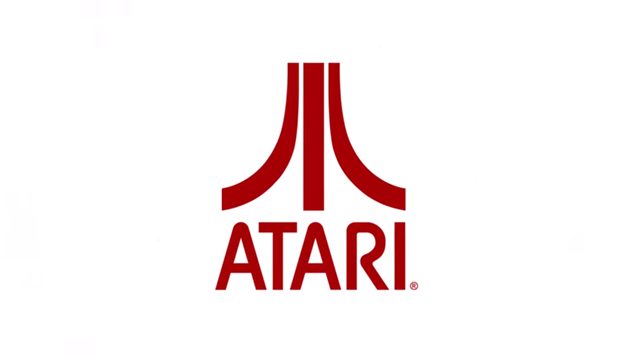A record set during the infancy of videogames is no more, as videogame record keepers Twin Galaxies announced Monday that infamous Atari player Todd Rogers has been stripped of all of his records and banned from Twin Galaxies’ leaderboards. Rogers held high score records in Donkey Kong for Atari 2600 and Centipede on Atari 5200, but the record he’s known for and the one that ultimately led to his downfall was his 5.51 second time in Atari’s Dragster.
Rogers’ Dragster record was also recognized by Guinness World Records as the longest-held videogame record, sitting at 34 years and 215 days prior to today’s news.
The news comes after an extensive investigation by Twin Galaxies into a claim filed by Dick Moreland on Aug. 11, 2017 positing that Rogers’s record was impossible. Using a tool-assisted analysis, speedrunner Eric “Omnigamer” Koziel determined the fastest achievable time in Dragster to be 5.57 seconds and began calling Rogers’s claim to the Dragster throne into question in May of last year. The game’s designer and co-founder of Activision, David Crane, stated that internal testing concluded that 5.54 seconds was the lowest possible time. Koziel’s analysis became the main evidence used by Moreland to lodge his claim.
Rogers achieved the now-disqualified record in 1982 when he submitted a photograph of his TV screen to Crane displaying the 5.51 second time. Though Crane recalled the photo and expressed little doubt in Rogers’ record, he did state that no video or photographic evidence validating the record exists in an interview with Twin Galaxies. Regarding Crane and Activision’s previous guidelines around validating records, Twin Galaxies said, “We cannot change Activision’s acknowledgement of this score but we have an overall responsibility for gaming achievements and can no longer accept their historical records as the sole justification for scores set at the time.”
Further questions about the character and integrity of Rogers were raised by former Twin Galaxies Senior Referee Robert Mruczek. When Mruczek called into a Kaboom Game 1A record set by Rogers, he requested video proof of the ostensibly difficult feat. “I sent Todd a … email discussing my need to see proof or about 6-8 scores and I promised—swore, actually—that I would give my 100 percent support and full confidence in all of his scores in the Twin Galaxies database,” said Mruczek. All requests were met by Rogers with the excuse that the tapes with the recorded evidence were “buried amidst hundreds of tapes” and he didn’t have the time to find them and make copies.
The combination of empirical evidence from Koziel and Mruczek’s personal relationship and dealings with Rogers ultimately led to Twin Galaxies’ decision today.
The ruling against Rogers is the first high-profile result of Twin Galaxies’ new process for handling scoring disputes, which was only installed last summer. Moreland’s claim against Rogers was filed almost immediately after it was put into effect.
Rogers has not commented publicly on his disqualification or ban, and the web page for his longest-held videogame record entry on Guinness World Records now defaults to the website’s home page.
